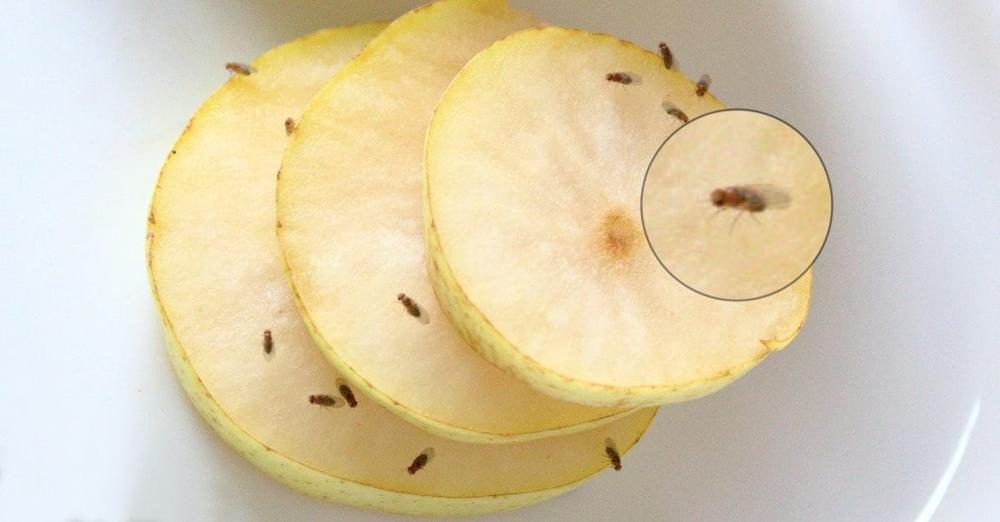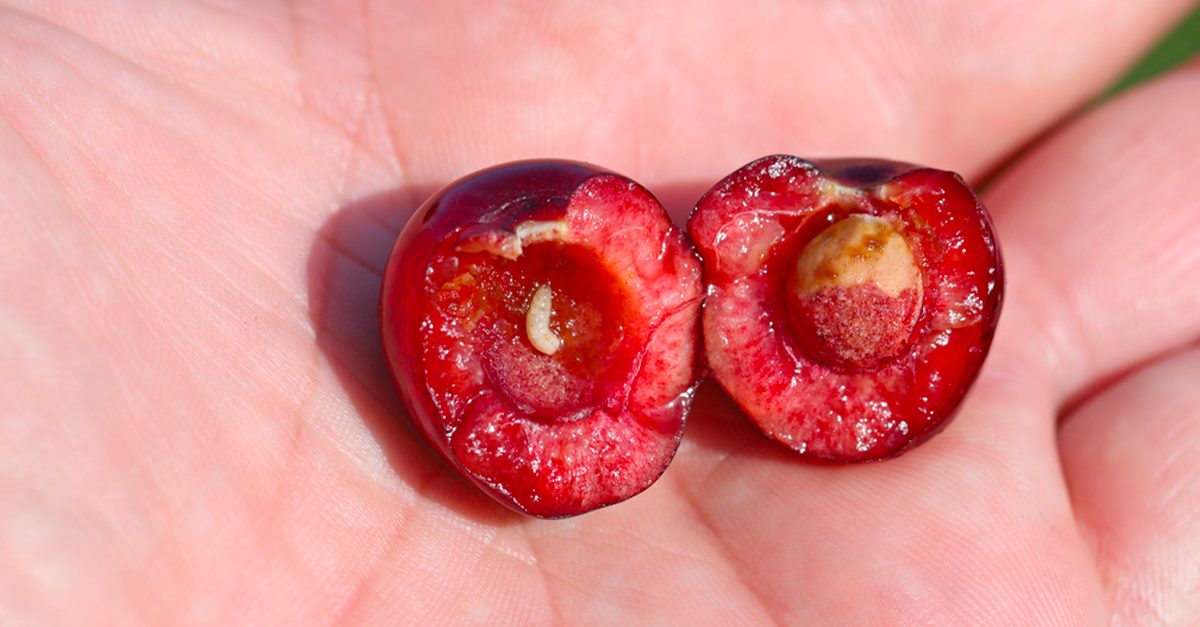What Happens If You Eat Fruit Fly Eggs?
Fruit flies are tiny flies that enjoy fruits and lay eggs while going about their processes. Keep reading to find out if it is fine to eat food contaminated by fruit fly eggs and what happens after.
;Resize,width=742;)
- It's possible you will eat fruit fly eggs at least once in your life
- If you eat their tiny eggs, your gastric juices will kill them
- Pay attention when you eat fruit to avoid maggots or fruit flies
The tiny cotton-like flies that fly around your food are called fruit flies. They maintain a constant presence throughout the year, but are more prevalent in summers.
They usually feed on fruits, vegetables, and other foods and may also lay their eggs in them. This is because these flies live and breed in fruit baskets.
To survive they lay eggs that grow in just a few days. Keep reading to learn what happens if you eat fruit fly eggs. What happens if you consume fruit fly larvae? And what happens if you eat the fruit fly itself?
The Life Cycle of Fruit Flies

Fruit flies reproduce at astonishing rates and this fast-paced growth has made them a formidable pest as researchers grow more concerned about the health risks associated with them.
The total lifespan of a fruitfly is 40-50 days. Within its short life span, a female fruit fly can lay hundreds of eggs on moist surfaces, such as fermenting and overripe fruits.
The eggs hatch and turn into larvae within 24-30 hours. The larvae of a fruit fly are called maggots and these maggots live and feed on the fruit where the egg previously resided.
Within one week maggots start to dig and burrow into the fruit mass. To convert to a pupa, maggots find a dry place and the pupa turns into a fruit fly within a few days.
Two days into their adulthood fruit flies become sexually active and subsequently mate to reproduce. Female fruit flies mate with several males and store the sperms for future use.
What Happens If You Eat Fruit Fly Eggs?
Avoiding this is almost impossible. If you ever ingest a fruit fly egg, you probably will never know about it.
Fruit fly eggs are very small and can be easily killed by your gastric juices. They pose no harm unless consumed in very large quantities.

What Happens If You Eat A Maggot?
A maggot is the larvae of the fruit fly. You are likely to spot a maggot in your fruit and get rid of it. But if it somehow escapes your sight and you ingest it, there is no need to panic. Below are some things that could happen as a result.
1. Bacterial Poisoning
2. Myiasis
3. Allergic reaction
What Happens If You Eat The Fruit Fly?

This is highly unlikely. However they carry bacteria like salmonella, E. coli, and listeria, all germs that can cause food poisoning. Severe cases may put you in the hospital and can even be life-threatening.
;Resize,width=767;)
;Resize,width=712;)
;Resize,width=712;)
;Resize,width=712;)
